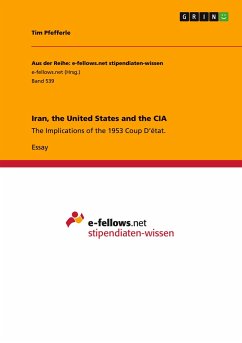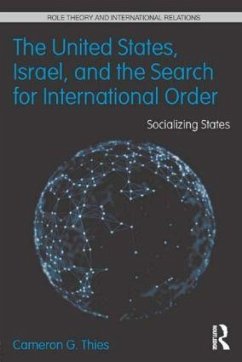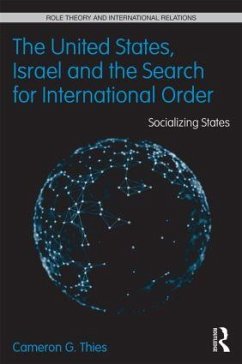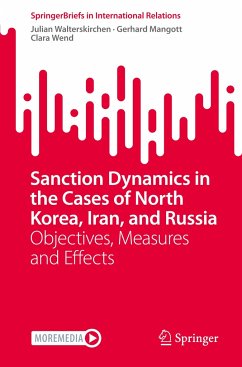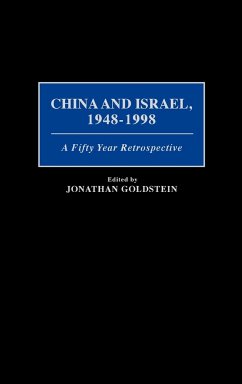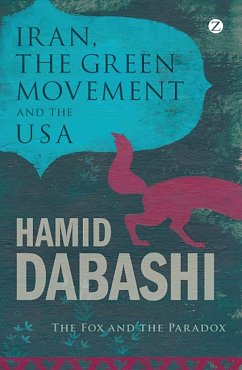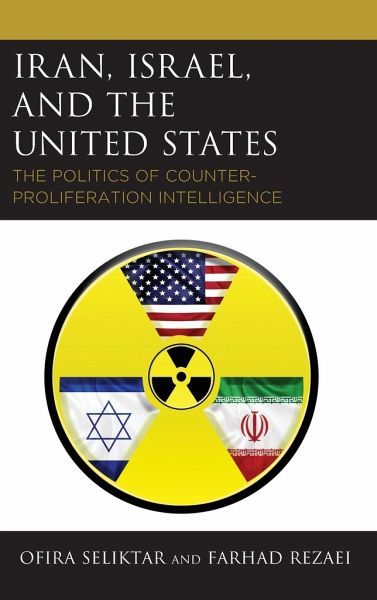
Iran, Israel, and the United States
The Politics of Counter-Proliferation Intelligence
Versandkostenfrei!
Versandfertig in 1-2 Wochen
128,99 €
inkl. MwSt.
Weitere Ausgaben:

PAYBACK Punkte
64 °P sammeln!
This book analyzes the process of evaluating Iran’s nuclear project and efforts to roll it back, resulting in the 2015 nuclear agreement. To highlight the technological problems and the politicization involved in the process, this study uses real-time comparison of developments in Iran and the perception of Israel in the United States.





